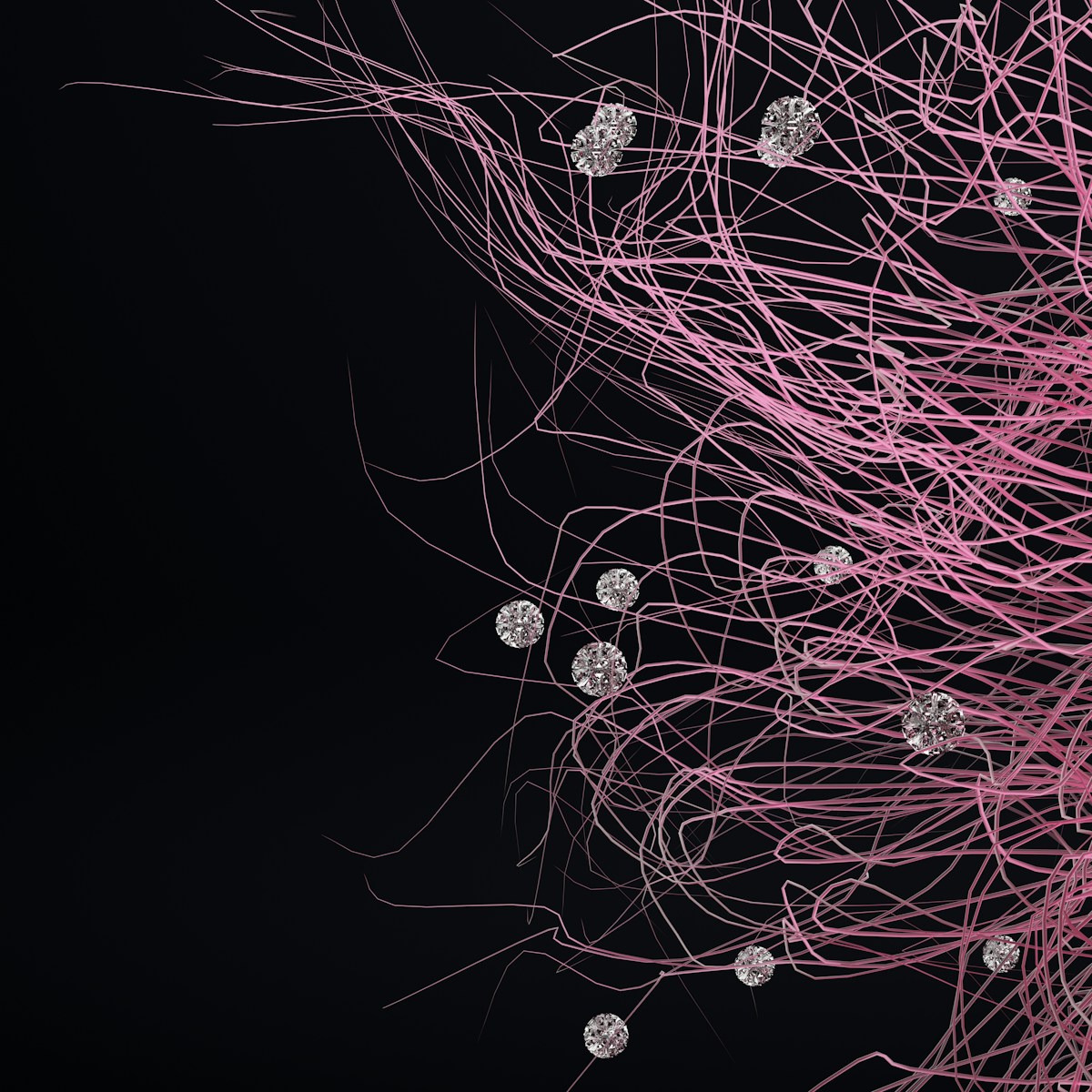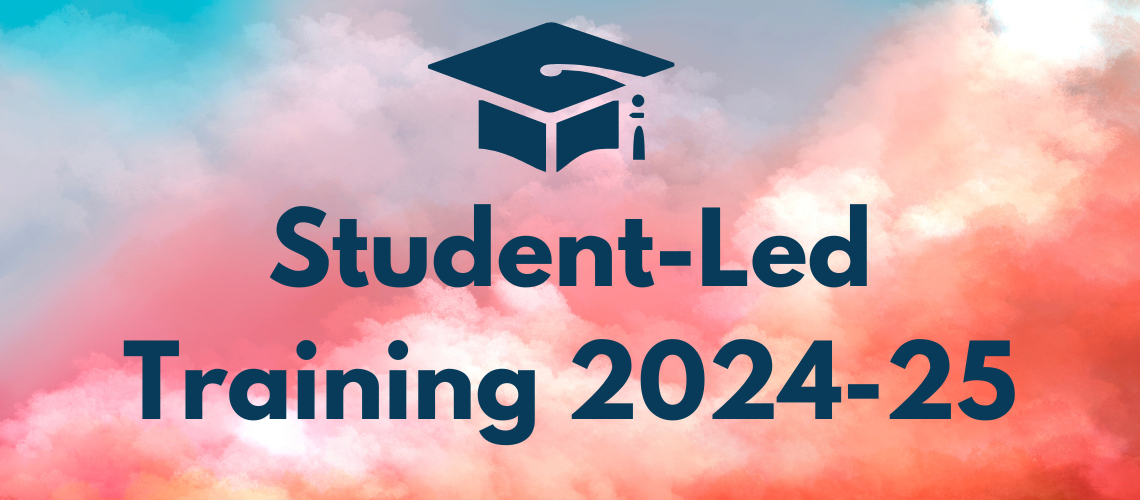Introduction to Social Network Analysis
Scott Suite, Heriot-Watt University Scott Suite, Business School, Heriot-Watt University, EdinburghIn this session, we provide an introduction to Social Network Analysis. Social Network Analysis (SNA) investigates the relations among a certain group of entities. We will discuss what a social network is and why and when social network analysis can be used for research.


